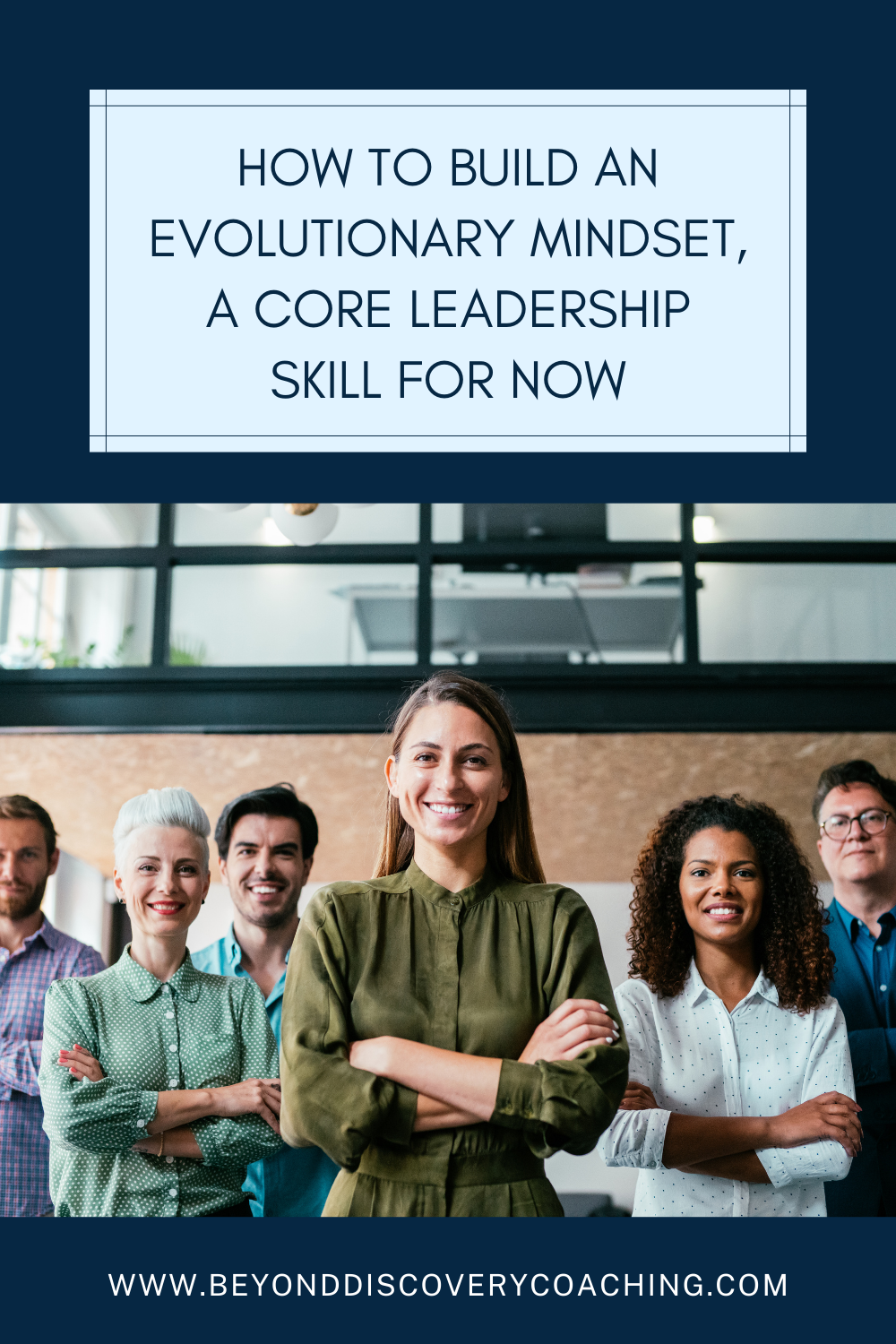How to Build an Evolutionary Mindset, a Core Leadership Skill for Now
Analytical thinking. Logic. Interpersonal communication. These and others like them often rank high among the skills modern-day business leaders require. And yet, many of these hinge on one core competency that leaders should develop foremost: an evolutionary mindset.
Focusing on preparing yourself to evolve in professional conduct and practice can make it easier to pick up related skills. These could include communicating with colleagues from a different generation or managing deadlines in teams where people have different work ethics.
These thought-starters will help you on your route to building an evolutionary mindset: one that sees, appreciates, and adapts to change in people and environments.
Treat Continuous Learning as a Habit, Not a Choice
Many leadership training centers recommend continuous learning to stay “ahead of the curve.” In response, many aspiring leaders accept it with as much originality and enthusiasm as that overused and trite expression.
The challenge is that we often see continuous learning as something we can choose to do to improve our professional skills. However, in today’s competitive era, it is no longer a choice. For future leaders who wish to build an evolutionary mindset, it must become a habit.
The World Economic Forum asserts that lifelong learning and curiosity are among the top skills professionals will need for job-readiness in the future.
The surge in MOOCs (Massive Open Online Courses) has fueled a ferocious desire for upskilling among many ambitious professionals. Some news reports suggest that the MOOC market will cross USD 480 billion by 2032.
The advent of new-era technologies, such as machine learning, inspires more people to embrace such courses. FOMO can be very real even in the corporate world. Non-traditional approaches, such as boot camps or workshops, can also be highly enlightening, provided you devote time to them regularly.
Besides online courses, it may be necessary to remain open to lifelong learning opportunities that require a longer commitment. For example, why not consider registering for flexible degree programs? Forbes notes that multi-generational classrooms and learning groups have now become common. So, hesitation to join a class where everyone is younger than you needn't be a holdup anymore.
With disruptive innovation making study environments anything but mundane, it is easier than ever to change continuous learning into a habit.
Don't Be a Stickler for Tradition
Some traditions are eternally beautiful, like celebrating a loved one for the years spent together or a favorite festival that evokes fond childhood memories. Others? Not so much.
However, the problem isn't contained to becoming outdated or “uncool.” In some sectors, such as healthcare, refusing to abandon traditional approaches that don't serve patients can be actively dangerous.
For example, healthcare leaders formerly emphasized disease management in clinical settings. However, some family NP programs now emphasize health promotion and prevention instead. The focus of population health has shifted, thanks to insightful research and new technologies.
Accordingly, leaders must follow suit or risk leaving people in their care bereft. Adopting these changes requires being open to new scientific findings from related fields and recognizing their scope for continual improvement. Cleveland State University recommends that professionals prepare to become change agents, including advocating for the required changes in the policy development process.
Seek Opportunities to Interact With Diverse Professionals
For a long time, diversity commitments of many organizations remained restricted to the cover images of their annual reports. Slowly, the significance of embracing diversity in its spirit became apparent to more leaders.
Workplaces are becoming interesting, with employees from many countries collaborating, notwithstanding different time zones. A diverse crowd makes it easier to identify gaps in the current business as you receive inputs from multiple perspectives. Future leaders can benefit from interacting with diverse professionals through industry liaisons, workshops, and sector-specific events.
As a business leader, you can also strive to organize such events to unite professionals from varied backgrounds on issues of shared interest.
For instance, leaders with evolutionary mindsets must assess the consequences of climate change on everyday business operations. EDI perspectives play a pivotal role in a company's environmental initiatives. Gathering inputs from a varied crowd can help you identify weaknesses in your current strategy and avoid greenwashing.
According to Eos magazine, business leaders can make such thought-exchange sessions more powerful by asking presenters to link to lived experiences. Providing quantitative evidence for systemic issues can help diverse audiences connect to the theme and share their perspectives with more confidence.
Evolution is the law of nature in the business world as well (at least, unless you strongly believe in an alternative view of how the world came to be.) Leaders who wish to further their careers and steer the organization towards success must evolve without hesitation.
A balanced approach comprising learning, openness, and interaction can help you hone your capabilities to evolve and achieve success.





